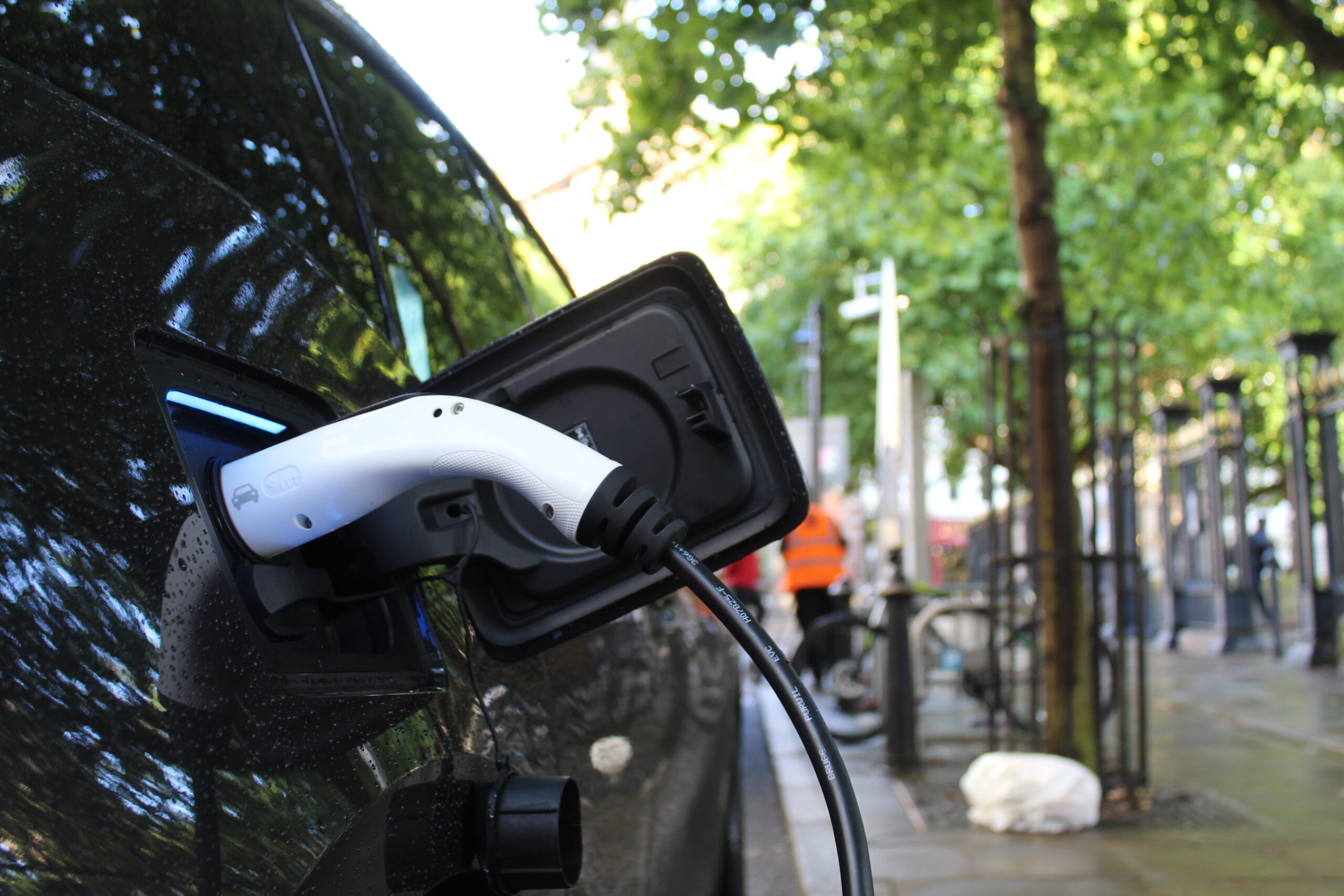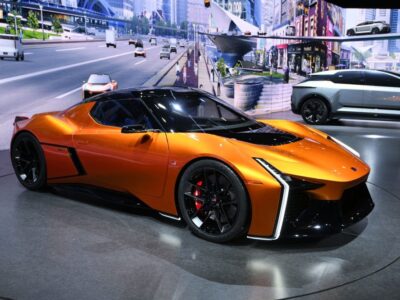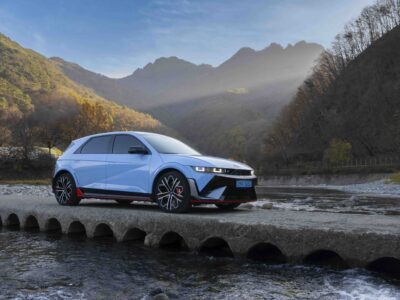Two-thirds of electric vehicle (EV)-owning households that bought a new car in 2022 purchased another EV. This loyalty trend is increasing nationwide, where EVs represent 5.6% of all U.S. car purchases, a boost of more than 2% in the past year.
California leads the way with the most registered electric cars. A 38% increase in EV registrations led to more than half a million more sustainable vehicles in garages.
According to the U.S. Department of Energy, EVs can help improve fuel economy, lower fuel costs, and reduce emissions. With the federal government now investing billions of dollars into EV and battery production — including offering numerous tax credits and rebates for consumers — the race to electrify the nation’s roads is fully underway.
There’s no doubt Americans are riding the electric wave. With many automobile manufacturers adapting older models into EVs and states like California planning for all in-state car and truck sales to be net zero-emissions by 2035, the number of people driving them is anticipated to skyrocket over the next decade. Texas, led by cities such as Dallas and Austin, is also experiencing rapid growth in EV registrations.
As of July 2022, there are 45 EV models for sale in the U.S., doubling the 2021 number. By 2025, the expected total is to be well over 100.
Although Tesla’s popular Model 3 and Model Y account for more than half of current electric registrations — 91% of Tesla owners who bought a second electric car bought another Tesla — Ford, Chevrolet, and General Motors are rapidly working to shift their fleet. Chevy is counting on the future success of an electric Equinox SUV priced at $30,000. The shift toward EVs is not just about sedans and SUVs; it’s also about pickup trucks and delivery vans.
People who buy electric cars are staying so, and that’s about not only sustainability but financial savings — and, perhaps even more importantly, customer satisfaction.
“Making the initial leap of faith into owning an electric vehicle is proving to be very satisfying,” said Brent Gruber, senior director of global automotive at J.D Power. “We know from our research that many consumers have concerns during the purchase consideration process with aspects like battery range and vehicle charging. However, once someone has purchased [an electric vehicle], they’re pretty much hooked.”
A 2022 J.D. Power study found that most owners were highly satisfied with their purchase.
They cited how long the battery lasted, the overall cost of ownership, service experience, the quality and style of the car or truck, the vehicle’s reliability and safety features, and how fun the car or truck was to drive.
With 5% of a market considered the tipping point for widespread product adoption, it’s clear that U.S. electric car ownership numbers are about to rise exponentially. As costs continue to decrease and benefits continue to increase, expect to see more plugged-in vehicles charging up in driveways, parking lots, and along the rollout of the interstate system’s new charging station network.





